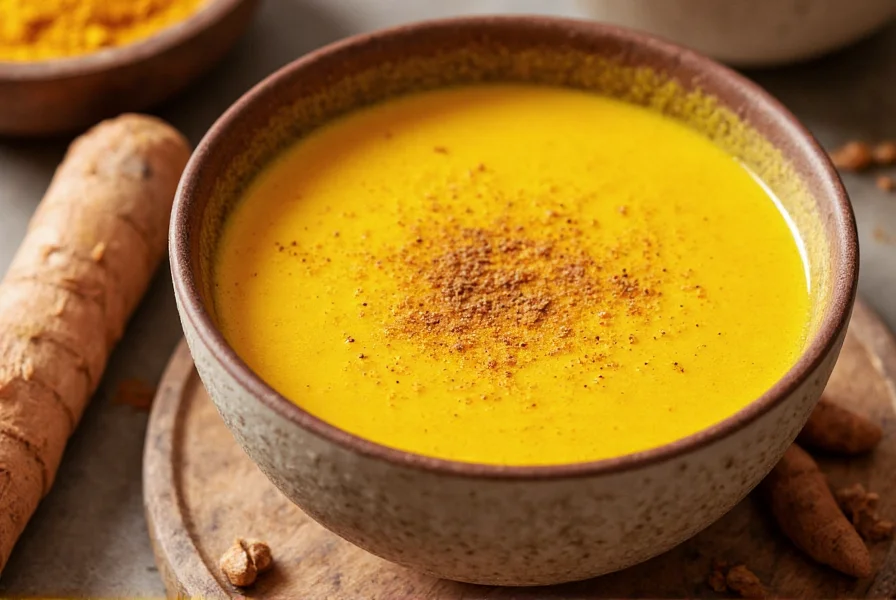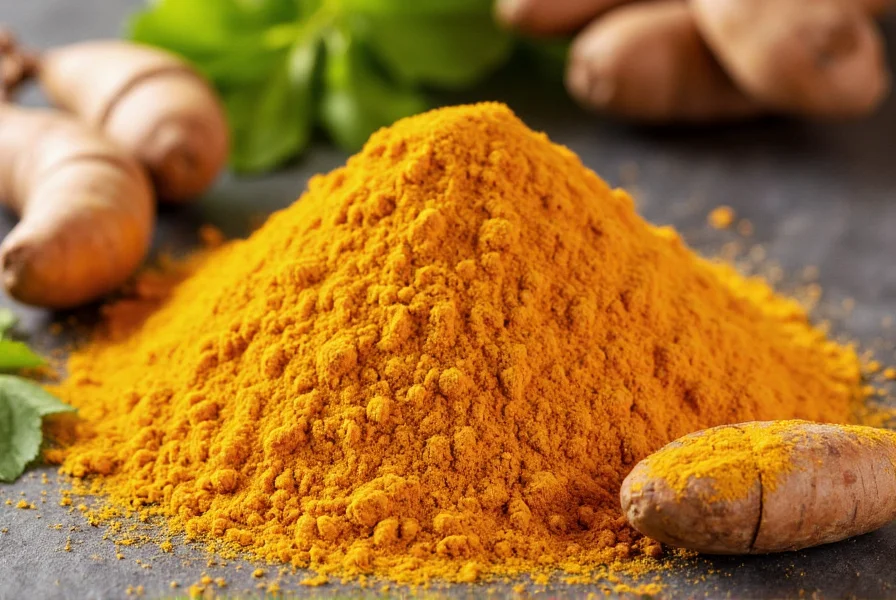For centuries, traditional medicine systems have utilized turmeric for its healing properties. Modern science now confirms that curcumin, the primary bioactive compound in turmeric, possesses significant anti-inflammatory effects. This golden spice has moved from ancient Ayurvedic practices to contemporary research laboratories, where scientists investigate its potential as a natural inflammation management tool.
The Science Behind Turmeric's Anti-Inflammatory Action
Curcumin works through multiple mechanisms to reduce inflammation. It inhibits key inflammatory molecules including NF-kB, cytokines, and enzymes like COX-2 and LOX. Unlike many pharmaceutical anti-inflammatory drugs that target a single pathway, curcumin's multi-target approach makes it particularly interesting to researchers studying chronic inflammatory conditions.
A comprehensive review published in Journal of Medicinal Food analyzed multiple clinical trials and concluded that curcumin supplementation significantly reduced inflammatory markers in various conditions. The review noted that doses between 80-500 mg of standardized curcumin extracts demonstrated measurable anti-inflammatory effects in human studies.

Evidence for Specific Inflammatory Conditions
Research shows promising results for turmeric's effectiveness against certain inflammatory conditions:
| Condition | Research Findings | Evidence Strength |
|---|---|---|
| Osteoarthritis | Multiple studies show reduced pain and improved function comparable to ibuprofen in some cases | Moderate |
| Rheumatoid arthritis | Some studies demonstrate reduced disease activity scores and morning stiffness | Preliminary |
| Post-exercise inflammation | Several trials indicate reduced muscle soreness and faster recovery | Moderate |
| Metabolic inflammation | Emerging evidence suggests benefits for inflammation associated with obesity and diabetes | Early-stage |
Overcoming Bioavailability Challenges
One major limitation of turmeric for anti-inflammatory benefits is curcumin's poor bioavailability. When consumed alone, curcumin has low absorption, rapid metabolism, and quick elimination from the body. This explains why traditional preparations often combine turmeric with black pepper (containing piperine) or fats.
Modern formulations address this issue through:
- Liposomal delivery systems
- Phospholipid complexes (like Meriva®)
- Nanoparticle formulations
- Combination with piperine (increases absorption by up to 2000%)
For those using culinary turmeric, combining it with black pepper and healthy fats significantly enhances absorption. A practical approach involves adding 1/4 teaspoon of black pepper and olive oil when preparing turmeric-containing dishes.

Realistic Expectations for Turmeric as an Anti-Inflammatory
While research supports turmeric's anti-inflammatory properties, important limitations exist. Most clinical studies use standardized curcumin extracts providing 80-500 mg of curcumin daily, far exceeding what's achievable through culinary use alone. A teaspoon of turmeric powder contains only about 200 mg of curcumin.
Additionally, research indicates:
- Effects are generally modest compared to pharmaceutical anti-inflammatories
- Benefits typically require consistent use over weeks or months
- Individual responses vary significantly
- Not appropriate for acute inflammatory conditions requiring immediate treatment
Safety Considerations and Medical Interactions
Turmeric is generally safe when consumed in food amounts, but higher doses used for therapeutic purposes require caution. Potential concerns include:
- May interact with blood thinners like warfarin
- Possible interference with certain chemotherapy drugs
- Can exacerbate gallbladder problems
- High doses may cause digestive discomfort
The Arthritis Foundation recommends consulting with a healthcare provider before using turmeric supplements, especially for individuals with medical conditions or taking medications. They note that while turmeric shows promise as a complementary approach, it shouldn't replace conventional treatments without medical supervision.
Practical Recommendations for Using Turmeric
Based on current evidence, here are science-informed recommendations for those considering turmeric for inflammation:
- For culinary use: Incorporate 1-2 teaspoons of turmeric powder daily with black pepper and healthy fats
- For therapeutic use: Consider standardized curcumin supplements providing 250-500 mg, taken with meals containing fats
- Look for formulations with enhanced bioavailability (check for piperine or phospholipid complexes)
- Allow 4-8 weeks to assess potential benefits
- Monitor for any adverse effects and discontinue if they occur
Remember that turmeric works best as part of a comprehensive approach to managing inflammation, including a balanced diet, regular exercise, stress management, and adequate sleep. No single food or supplement can compensate for unhealthy lifestyle factors that contribute to chronic inflammation.
Conclusion: A Complementary Approach to Inflammation Management
The scientific evidence supporting turmeric for anti-inflammatory benefits is promising but not definitive. Curcumin demonstrates genuine biological activity against inflammation pathways, though its clinical effectiveness is limited by bioavailability challenges. When used appropriately as part of a holistic health strategy, turmeric can contribute to inflammation management, but it should not replace medical treatments for significant inflammatory conditions.
Frequently Asked Questions
How much turmeric should I take daily for inflammation?
For culinary use, 1-2 teaspoons of turmeric powder daily provides some benefits. For therapeutic effects, research suggests 250-500 mg of standardized curcumin extract taken with black pepper and fats. Always consult your healthcare provider before starting any new supplement regimen, especially if you have health conditions or take medications.
How long does it take for turmeric to reduce inflammation?
Most studies showing anti-inflammatory effects of turmeric report benefits after 4-8 weeks of consistent use. Some people notice reduced joint pain or improved mobility within 2-4 weeks, while others may require longer. Effects are generally modest and build gradually with regular consumption.
Can turmeric replace my anti-inflammatory medication?
No, turmeric should not replace prescribed anti-inflammatory medications without consulting your healthcare provider. While research shows turmeric has anti-inflammatory properties, its effects are generally milder than pharmaceutical options. Never discontinue prescribed medications without medical supervision, as this could worsen your condition.
What's the best way to consume turmeric for maximum anti-inflammatory benefits?
For maximum anti-inflammatory benefits, consume turmeric with black pepper (which contains piperine) and healthy fats. This combination significantly enhances curcumin absorption. Consider golden milk (turmeric with coconut milk and black pepper), turmeric smoothies with avocado, or supplements formulated with enhanced bioavailability. Standardized curcumin extracts providing 250-500 mg are more effective than culinary turmeric alone for therapeutic purposes.
Are there any side effects of using turmeric for inflammation?
Turmeric is generally safe when consumed in food amounts. Higher doses used therapeutically may cause digestive issues in some people. Turmeric can interact with blood thinners and certain medications, so consult your healthcare provider before using therapeutic doses. Those with gallbladder issues should use caution, as turmeric may exacerbate symptoms. Discontinue use if you experience adverse effects.











 浙公网安备
33010002000092号
浙公网安备
33010002000092号 浙B2-20120091-4
浙B2-20120091-4